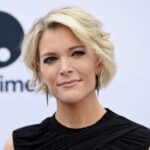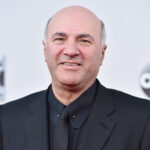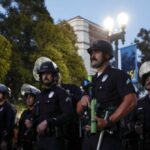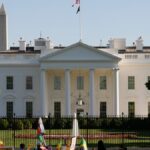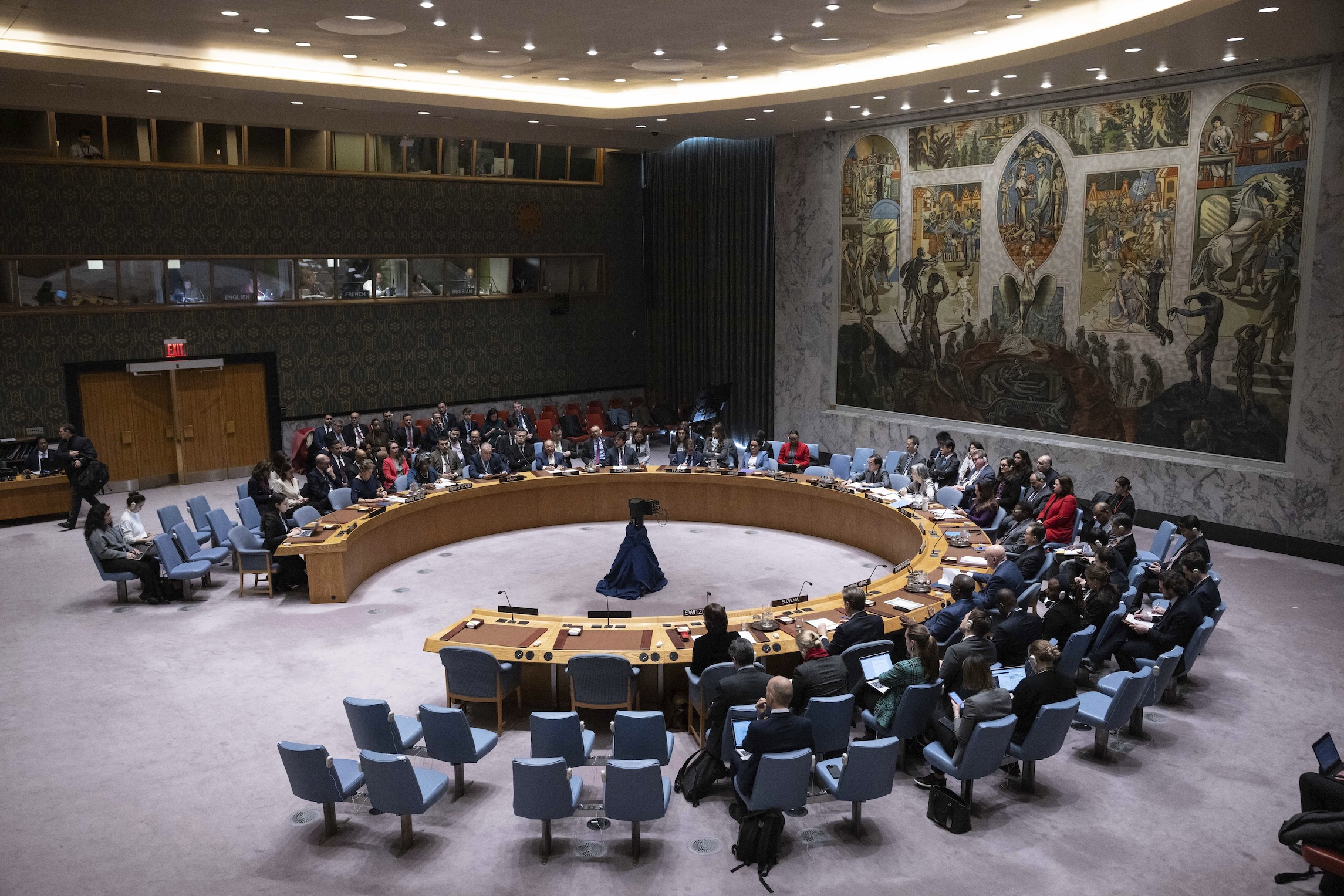

Russia intends to force the United Nations Security Council “to revise sanctions measures” on North Korea “towards easing them,” a diplomatic official explained after Moscow killed an international mechanism for monitoring sanctions violations.
“It is clear to us that the [UN Security] Council can no longer act on the Korean Peninsula issues according to the old patterns,” Russian Foreign Ministry spokeswoman Maria Zakharova said Friday, per state-run TASS. “On the contrary, in the absence of mechanisms to revise sanctions measures towards easing them, this instrument remains a serious irritant that hinders confidence-building and the maintenance of political dialogue.”
Zakharova’s statement represented a frank coda on a clash at the Security Council in which Russia vetoed the renewal of an independent panel known as the 1718 Committee. The dispute, which left U.S. and South Korean officials fuming, is the latest fruit of Russia’s growing military partnership with North Korean dictator Kim Jong Un.
“Russia is making explicit what had long been implicit, which is that it’s resistant to enforcing the UN resolution sanctions against North Korea,” Heritage Foundation senior research fellow Bruce Klingner told the Washington Examiner. “And this blocking of the panel of experts may be part of the quid pro quo for all the ammunition and missiles that North Korea has been providing to Russia.”
The obstruction casts doubt on the potential for the nuclear powers that dominate the Security Council to cooperate, even on matters that pertain to countering the spread of nuclear weapons, officials and analysts suggest. South Korea’s envoy to the U.N. fumed that Russia had “completely —completely— abandoned its responsibility” to punish regimes that pursue nuclear weapons.
“I can’t imagine, sadly, the Security Council doing anything on [for instance] Syria’s chemical weapons, or North Korea nuclear issues in the future, or Iran,” Foundation for Defense of Democracies senior fellow Anthony Ruggiero, a former White House National Security Council senior director for counterproliferation and biodefense, told the Washington Examiner. “It’s just so divided now.”
Russian officials blocked the extension of the monitors, known as the 1718 Committee, because the United States and other world powers refused to rewrite the North Korea sanctions so that they would require annual renewals.
“This is outrageous and makes no sense at all, given the continued and accelerated advancement of the North Korean nuclear and missile programs,” South Korean Ambassador Hwang Joon-kook said Thursday. “There can be no justification for disbanding the guardians of the U.N.’s [North Korea] sanctions regime consisting of multiple resolutions adopted unanimously by this Council. This is almost comparable to destroying a CCTV [security camera] to avoid being caught red-handed.”
South Korean officials have watched with alarm as Russian President Vladimir Putin has forged an overt military relationship with the Kim regime in defiance of international sanctions resolutions intended to curtail Pyongyang’s nuclear weapons program. The revision of North Korea sanctions that Russian officials demanded would have given Putin the power to lift international sanctions on North Korea, because Russia would be able to veto their extension at any given annual review period.
“We believe it is high time the Security Council embarked on a ‘thinking process’ with a view to updating the sanctions regime against the DPRK,” Russian Ambassador Vasily Nebenzia said during the security council debate. “However, all our attempts to promote it have always been met with the absolute unwillingness of Western countries to abandon their destructive and punitive logic towards North Korea.”
The controversy unfolds against a fraught security backdrop for all the countries involved. North Korea has provided “several million shells” to Russia, according to South Korean estimates, as Russian forces burn through their artillery stocks for the war in Ukraine. South Korea is understood to have made hundreds of thousands of shells available for Ukrainian forces, albeit with the proviso that the munitions are sent first to Western countries, in deference to a South Korean ban on sending weapons into a conflict zone.
North Korea’s Kim, for his part, has presided over a major acceleration of ballistic missile tests in recent years. In January, the communist leader described South Korea as his regime’s “primary enemy state” and announced that references to “peaceful reunification” should be removed from the North Korean constitution.
“In my opinion, we can specify in our constitution the issue of completely occupying, subjugating and reclaiming [South Korea] and annex it as a part of the territory of our Republic in case a war breaks out on the Korean Peninsula,” Kim said, per a KCNA Watch translation.
That rhetoric can only stoke Japan and South Korea’s anxiety that their dictatorial neighbor could follow Putin’s example in launching a war of conquest while using the threat of nuclear retaliation to deter the United States.
“Pyongyang has been openly denouncing the authority of the Security Council and pursuing an increasingly dangerous and aggressive nuclear policy, in particular targeting the Republic of Korea,” Hwang said. “At this moment, Russia seems to be more interested in embracing or encouraging the DPRK for its provision of munitions and ballistic missiles for the conduct of its war in Ukraine at the expense of nuclear non-proliferation regime and the proper functioning of the Security Council.”
Putin’s team shrugged off those rebukes. “This position is more in line with our interests,” Kremlin spokesman Dmitry Peskov said Friday.
CLICK HERE TO READ MORE FROM THE WASHINGTON EXAMINER
Those divisions will put pressure on the U.S. and its allies to tighten their own sanctions on North Korea, Klingner and Ruggiero agreed, even when it would mean targeting North Korea’s associates in Russia and China.
“It’s kind of an affirmation of the ongoing [phenomenon of] two triads facing each other; the U.S.-Japan-South Korea trilateral has become much stronger in the last several years,” Klingner said. “And then, on the other side, we’ve seen Russia, China, [and] North Korea, helping each other out as each one is more isolated from the international community. So, I think it’s going to kind of affirm this [idea that there are] two camps facing each other and battling each other.”
